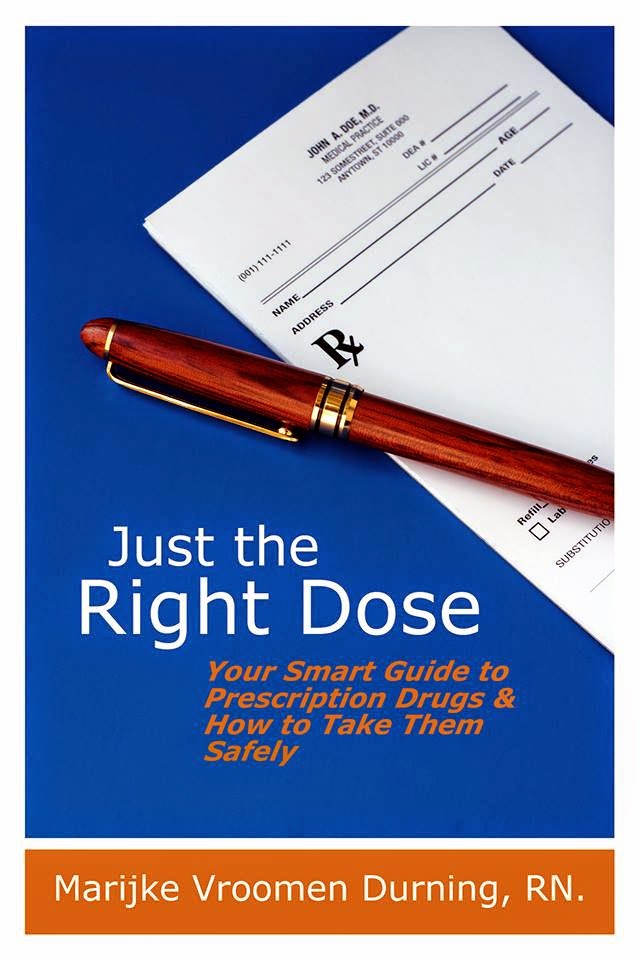I read a statistic once that indicated that the most Internet searches were for medical or health information. I can’t recall where I saw it, but if I can find it again, I’ll post the link.
The problem with searching the ‘net for health information is finding the good stuff and avoiding the bad stuff. And there’s lots of bad stuff out there.
It used to be that people went to their doctors and blindly followed their directions. After all, the doctors went to school for many years and knew more. While it’s true that doctors do go to school for a long time and they do know a lot of things about the human body that we don’t, that doesn’t mean that we should follow everything blindly. When we know more about our own health and what ails us, the more active we can be in our own care. Healthcare should and can be teamwork.
So, how can we be sure that the information we find is safe and valid?
The first thing to do is check who is running or sponsoring the site. A university-run site is a good place to start and there are many of them, from the Mayo Clinic to the state universities. Their domain names end with .edu. Health sites run by the government are good sources as well and you can tell that they are government sites by checking their domain name: they end in .gov. The National Institutes of Health and the Centers for Disease Control and Prevention are good places to start.
Associations dedicated to specific diseases or disorders are great sources of information. These can include associations for different types of cancer, diabetes, or respiratory illnesses, just to name a few. These domains most often end in .org The advantage to these sites is that they are disease-specific and often go into good depth. They are geared towards the general public and usually written in easy-to-understand language.
When looking at sites, there are often links to “About us” sections. Check to see who is on the Board of Directors and the editorial board, and who reviews the information that is being put up on the site. Is there an area where you can go to ask questions or at least a “contact us” section.
Some medical and healthcare professionals run their own information sites and they can be helpful. Be sure to check the sources they cite and who, if anyone, is sponsoring the site. If there are any promises to cure you or sales pitches to sell you products that will get you healthy again – watch out. Go find a more dependable site.
Many websites offer links to others for more information. Check to see who the site you are visiting lists as links. Are they legitimate websites or does it look like any site could be put there?
Another important issue: how recent is the information? I’ve come across sites that haven’t been updated since the late 1990s. Check to see the last time it was updated, how recent are the newest posts, and how recent are the studies cited?
Websites that collect information on their visitors should also have a privacy policy. If you are asked to provide information, how is the site going to use it?
Finally, if it seems too good to be true, if the writers use “always” and “never,” and words that are emphatically one way or the other, be cautious. Medicine may be considered a science, but it’s not perfect and there are few complete certainties in the disease process. Don’t send money to get information.
Of course, these tips can't guarantee anything, but they're a good place to start.
Here is a checklist that is on the FDA Website on their page that talks about evaluating websites (FDA Site):
Can you easily see who sponsors the Web site?
Is the sponsor a government agency, a medical school, or a reliable health-related organization, or is it related to one of these?
Is there contact information?
Can you tell when the information was written?
Is your privacy protected?
Does the Web site make claims that seem too good to be true? Are quick, miraculous cures promised?
The Internet is a wonderful tool, but it should be used wisely for the most benefit.
Saturday, May 12, 2007
Searching for health info on the Internet
Posted by
Marijke Vroomen-Durning
at
7:57 AM
![]()
Labels: 10 myths about palliative care, coma in palliative care, constipation in palliative care, health information, pain management in palliative care, palliative care team, safety seat recall
Subscribe to:
Post Comments (Atom)





No comments:
Post a Comment